France in the dock
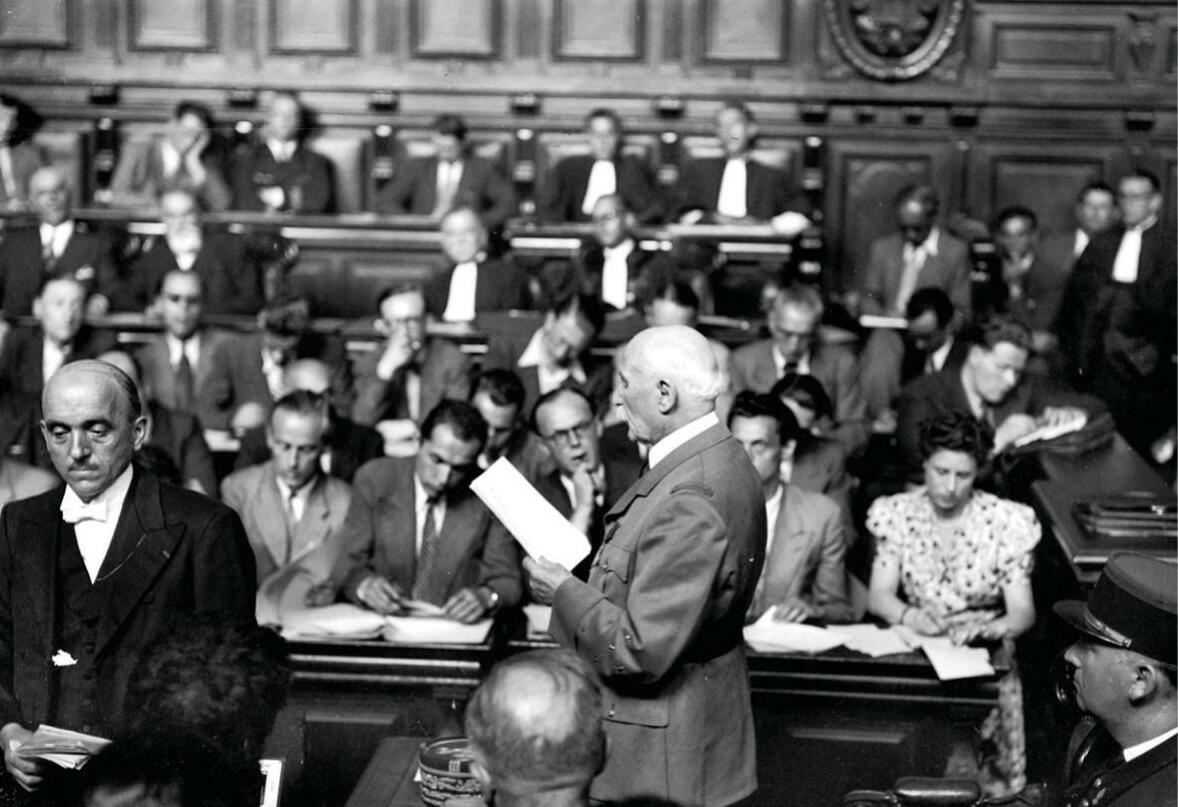
A few years ago, I was phoned by a journalist seeking a comment on a recent survey of schoolchildren that had revealed their shocking ignorance about the history of the Second World War. A few of them, he informed me, thought that VE day had something to do with sexually transmitted diseases. A lot of them identified Churchill as a bulldog advertising insurance products on television. And some of them, he said by now waxing indignant even thought that France had fought the war on the side of the Germans.
I wasn't quite sure how to break the news to him. I told him, as gently as I could, that the school pupils were right - at least as far as the French were concerned. For most of the war, led by the internationally recognised collaborationist government based at the spa town of Vichy, France was indeed allied to Nazi Germany. That regime was led by a great military hero of the First World War, Marshal Philippe Pétain. Born in 1856, he was nationally venerated for his stubborn defiance of German aggression at the nine-month-long battle of Verdun.
France on Trial: The Case of Marshal Pétain
by Julian Jackson Allen Lane, 480 pages, £25
In 1940, as France's defeat by the invading Germans became inevitable, Pétain was appointed head of the government, and negotiated an armistice that was signed on 22 June 1940. It left the north and west of the country under German occupation but allowed the rest of France, with its overseas colonies, to carry on under Pétain's leadership.
Backed by a somewhat dubious vote of the legislature that gave him near-dictatorial powers, the marshal passed a raft of new laws on his own initiative, establishing censorship, discriminating against Jews, and replacing the republican slogan 'Liberty, Equality, Fraternity' with 'Work, Family, Fatherland'.
この記事は BBC History UK の September 2023 版に掲載されています。
7 日間の Magzter GOLD 無料トライアルを開始して、何千もの厳選されたプレミアム ストーリー、9,500 以上の雑誌や新聞にアクセスしてください。
すでに購読者です ? サインイン
この記事は BBC History UK の September 2023 版に掲載されています。
7 日間の Magzter GOLD 無料トライアルを開始して、何千もの厳選されたプレミアム ストーリー、9,500 以上の雑誌や新聞にアクセスしてください。
すでに購読者です? サインイン

Clash of tastes
SUZANNE FAGENCE COOPER enjoys an account of the clash between Victorian art’s chief critic and its enfant terrible
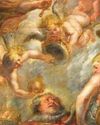
Britain goes global
LAUREN WORKING applauds a kaleidoscopic exploration of how James VI & I fuelled Britain's global ambitions, paving the way for the future empire
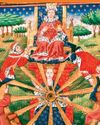
"Edward III perpetrated one of the most brutal acts of war committed during the Middle Ages"
HELEN CARR speaks to Emily Briffett about the royal power struggles, bloody wars and horrific diseases that ruptured the structure of English society in the 14th century.
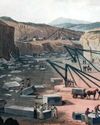
Rock of ages
Dartmoor's granite tors aren't just adventure playgrounds for hikers and climbers - the stone they produced built major landmarks and supported local livelihoods. CLARE HARGREAVES climbs the most famous outcrop

Swings and Roundabouts
We all have childhood memories of playgrounds. But what does the evolution of outdoor play in Britain tell us about the experience of being young over the past 200 years? Jon Winder serves up a history of sandpits, bombsites and battles with cars
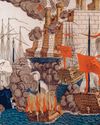
Nation-building
This provocative book challenges established interpretations, conceptualisations and evaluations surrounding the birth of the modern Greek nation-state in 1830.
Mother tongue
The title of Laura Spinney's lively, well-illustrated book refers to Proto-Indo-European (PIE).
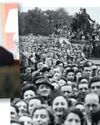
"Freedom and democracy are not to be taken for granted"
To celebrate the 80th anniversary of VE Day, on 5 May prime minister SIR KEIR STARMER hosted a tea party in Downing Street for Second World War veterans, schoolchildren and people with links to the armed forces. Following the event, he spoke to our correspondent York Membery about why marking the anniversary is so important - and the resonances with the current war in Ukraine
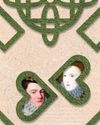
ELIZABETH I'S FORBIDDEN LOVE
In 1579, the queen embarked on a romance with a French duke she affectionately dubbed her “frog”. The pair seemed destined for marriage. Yet, writes Elizabeth Tunstall, the people of England had other ideas...

Beach warriors
SAUL DAVID is enthralled by a detailed account of the Allied assault on Sword beach during the pivotal landings of June 1944
